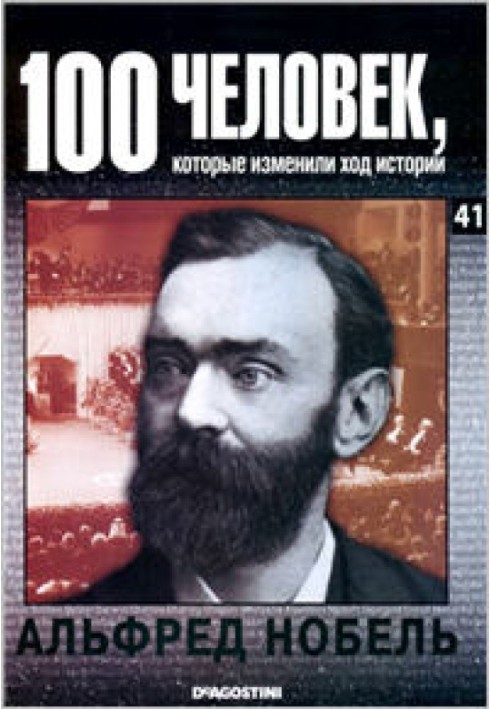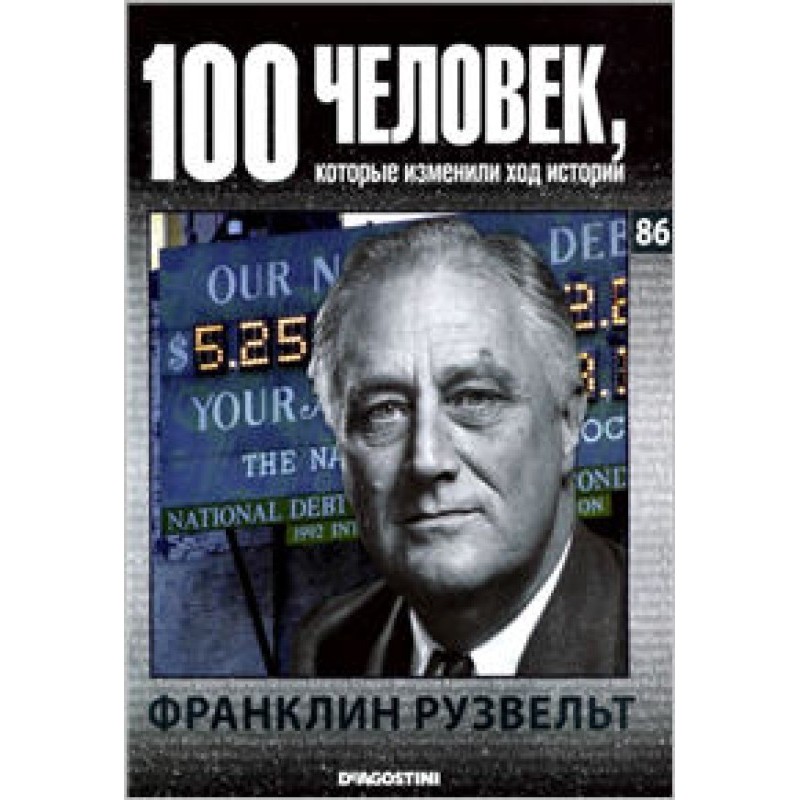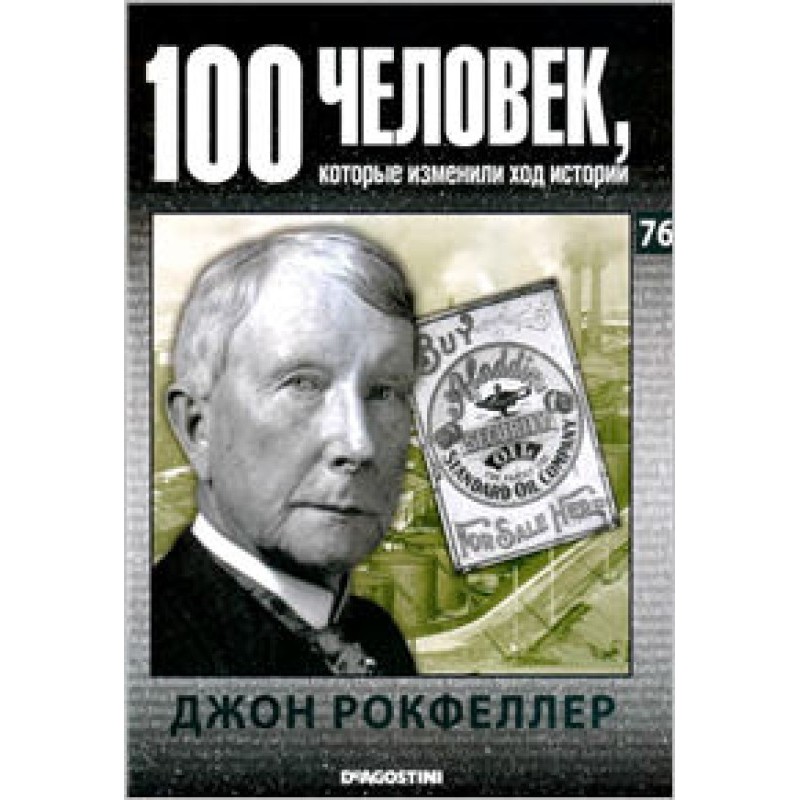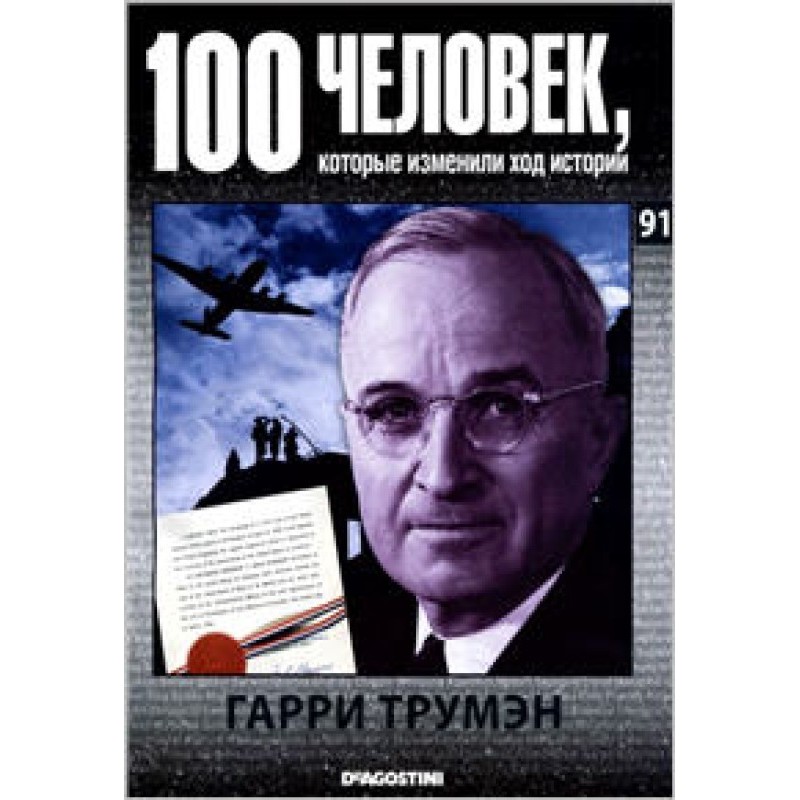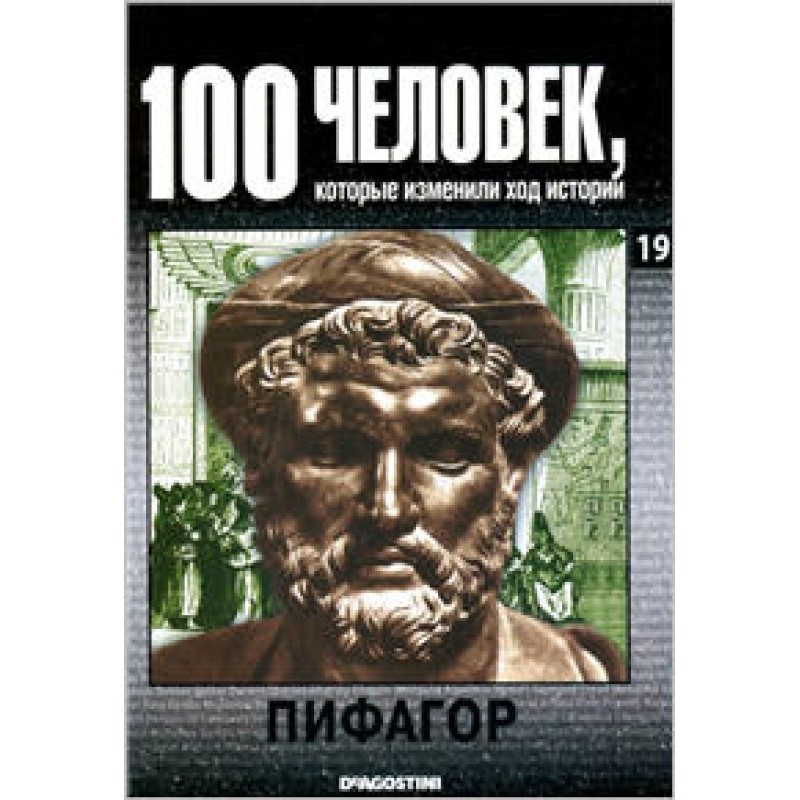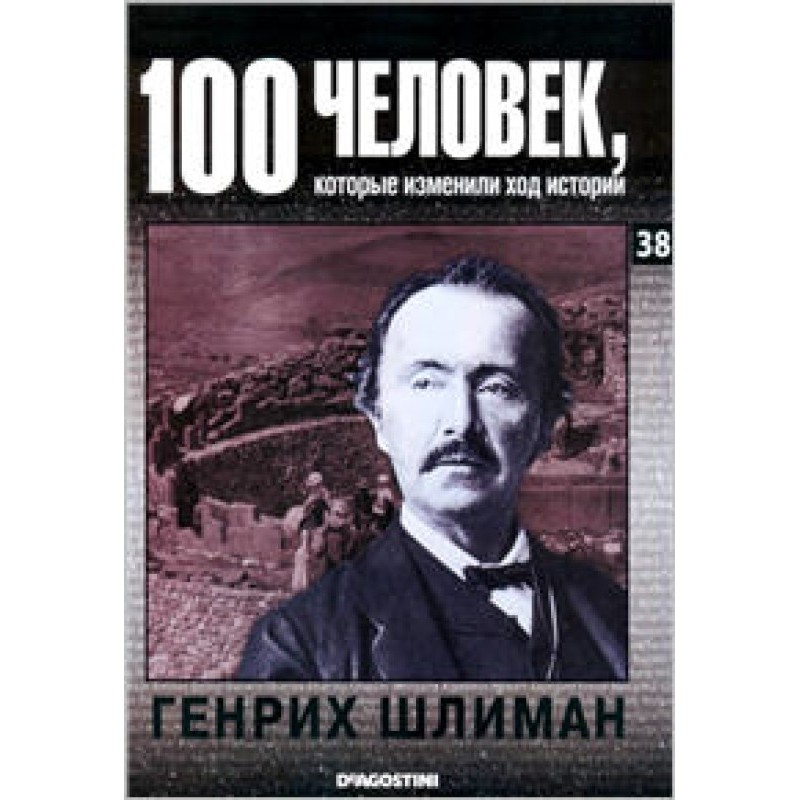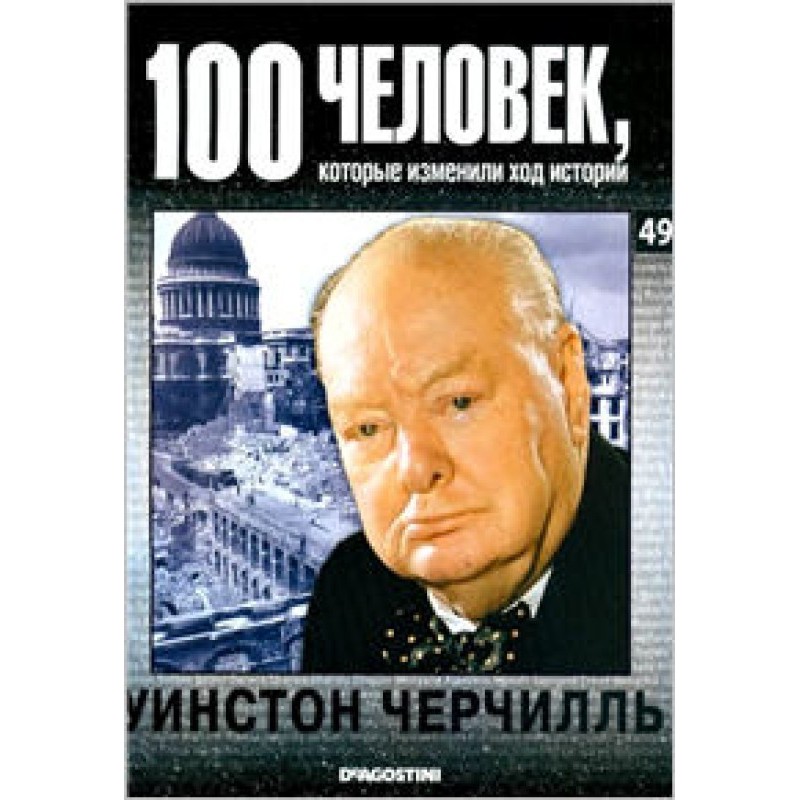Alfred Nobel
 Instant download
Instant download
after payment (24/7)
 Wide range of formats
Wide range of formats
(for all gadgets)
 Full book
Full book
(including for Apple and Android)
In the 18th century, the industrial revolution began in England, which quickly spread throughout the world. New technologies developed rapidly. The steam engine, the electric telegraph, the automobile, and many other things were invented that created modern civilization. The emergence of dynamite played a huge role in the development of the mining industry. It was invented in the 19th century by the Swedish chemist Alfred Nobel (1833-1896). In its destructive power, dynamite was far superior to all explosives known at that time. Dynamite very soon found application not only in mines, but also in the construction of tunnels, which played an important role in the development of the railway network. The explosives invented by Nobel were adopted by the military. Nobel felt remorse due to the fact that many people were killed with the help of the dynamite he invented. Later, he established a prize, which after his death began to be awarded to outstanding scientists, as well as people who made a great contribution to strengthening peace on our planet. In the 20th century, the Nobel Prize became the most prestigious award in the world. Thus, Nobel's activities had consequences of two kinds. The explosives he invented were the first weapons of mass destruction. At the same time, the prize established by him and named after him became a symbol of humanism and hope for the triumph of reason.
Data sheet
- Name of the Author
- Анастасия Жаркова Евгеньевна
- Language
- Russian
Reviews
Вражаюча біографія великого винахідника!
Книга про Альфреда Нобеля є не лише захоплюючим дослідженням життя і досягнень цієї видатної особистості, але й глибоким аналізом впливу його винаходів на світ. Автор майстерно розкриває контекст епохи, в якій жив Нобель, описуючи промислову революцію та її наслідки для людства. Винахід динаміту, безсумнівно, став важливим кроком у розвитку технологій, але також і джерелом глибоких моральних питань. Нобель, усвідомлюючи руйнівну силу свого винаходу, згодом вирішив залишити після себе спадок, який би сприяв миру і розвитку науки. Його рішення заснувати премію, що носить його ім'я, стало символом надії на краще майбутнє. Ця книга не тільки інформує, але й спонукає до роздумів про етику науки та відповідальність винахідників. Рекомендую всім, хто цікавиться історією, наукою та людською мораллю!

